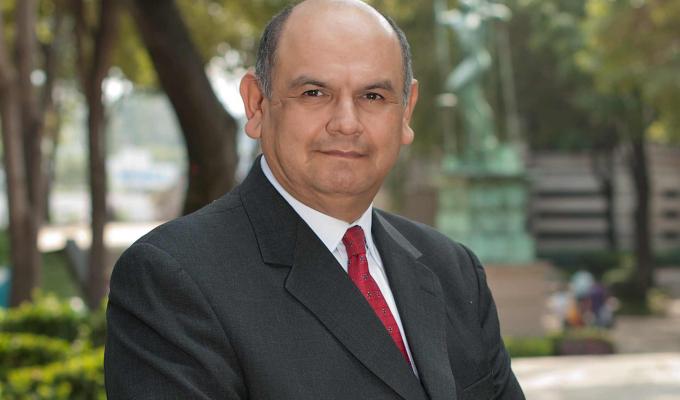Different contexts require different approaches – and my recent research highlights that leading Latin American companies think fundamentally differently about human resource management (HRM) to the traditional HRM approaches. Specifically, the HRM models identified in Latin America frequently include all stakeholders involved or affected by the employment relationship. This means that companies think about their workers in a comprehensive way, especially when operating in more disadvantaged communities, and consequently they are developing different types of employment relationships.
While in Latin America, as everywhere, HRM practices differ across countries, organizations and industries, the best performing companies in the region have understood the complexity of the local labour markets and are configuring their HRM systems around key stakeholders – the local employees, their families and relevant community members. These successful HRM systems have proven to be responsive to worker and other related stakeholders’ expectations.
Take the example of ALFA, an emblematic Mexican diversified business group, whose sustainability philosophy is based on a permanent commitment to develop their employees, their families and their communities, while also seeking to harmonize its productive operations with the natural environment. ALFA’s HRM programs are extended to the families of its employees through educational and health prevention initiatives. The company offers a scholarship program for the children of its employees and organizes health fairs targeting the community, employees and their family’s needs. Further, ALFA emphasizes a policy to keep as much as possible of the current workforce of any company it acquires. Even when ALFA has increased its operations internationally, it tends to carry on its community-oriented and paternalistic management style when it goes abroad. For instance, in Nemak Brazil (a subsidiary of ALFA - auto parts) the program “Crecer” (To Grow) offers professional orientation to 100 young people, mainly children of the employees, through workshops and outdoor activities.
Labour relationships in the region, a core issue for human resource managers, is based on unions and freedom of association for employees. These labour relationships are commonly formalized through collective bargaining agreements, and close and constant communication with unions is a key factor in maintaining a healthy liaison. In Brazilian MARFRIG (food), all administrative and operational employees are covered by collective bargaining agreements, in accordance with the local legislation. MARFRIG organizes formal meetings of trade union federations with union representatives to discuss important topics related to the company and to employees’ well-being. Thus, respect for labour rights within the company and across the company’s supply chain is at the center of HRM policies and follow the principles of decent work promoted by United Nations Global Compact.
HRM systems not only extend benefits for employees’ families, but also include initiatives that involve employees in the company’s social strategy. The initiatives that target members of the local community consist mostly of educational programs either for job training or for self-employment in which employees participate as volunteers. For example, Argentinian energy firm IMPSA offers open academic training programs to the entire community in which it is located. Other companies offer specialized, high-level training, as does ARAUCO’s first Training and Education Center for Forestry Workers in the Quirihue commune of Chile’s Bío Bío region. Peruvian ALICORP (food) has a volunteer program called Los Niños de ALICORP [The Kids of ALICORP] that provides nutrition workshops that benefit pregnant mothers with children under five years old. These workshops are taught by volunteer employees. In Mexican beverages company FEMSA, employees have the opportunity to participate in Prep@Net as online tutors for people who are completing their high school-level studies. Volunteers of the Colombian business NUTRESA (food) help in the knowledge transfer of manufacturing practices through The National Association of Food Banks of Colombia. Qualifying teams that work in these communities facilitate compliance with national legislation and contribute to the sustainability of efforts to eradicate hunger.
These examples suggest that the role of human resource departments is crucial when national and local governmental agencies or other organizations are unable or lack the resources to provide for the physical or educational infrastructure for business competitiveness, producing institutional voids that companies need to compensate. Thus, it seems that leading local companies have a social embeddedness capability that makes them well-placed to perform basic institutional functions that support their economic growth through their HRM systems.
Therefore, attending to the broad employment relationship becomes much more important than has traditionally been recognized in HRM practice.
Three themes support Latin American HRM models through the stakeholder perspective:
- investment in employee personal and technical development
- cooperative labor relationships;
- and community-oriented CSR activities conducted through employees.
For managers wishing to design successful HRM systems, this stakeholder approach offers valuable guidance regarding identification of relevant social stakeholders. The recommendation for multinational enterprises that operate in the region is to become responsive in their host countries and engaged with their local stakeholders targeting the human development dimension of their employees, their families and members of the local community.
Originally published in IEDP-Developing Leaders.




